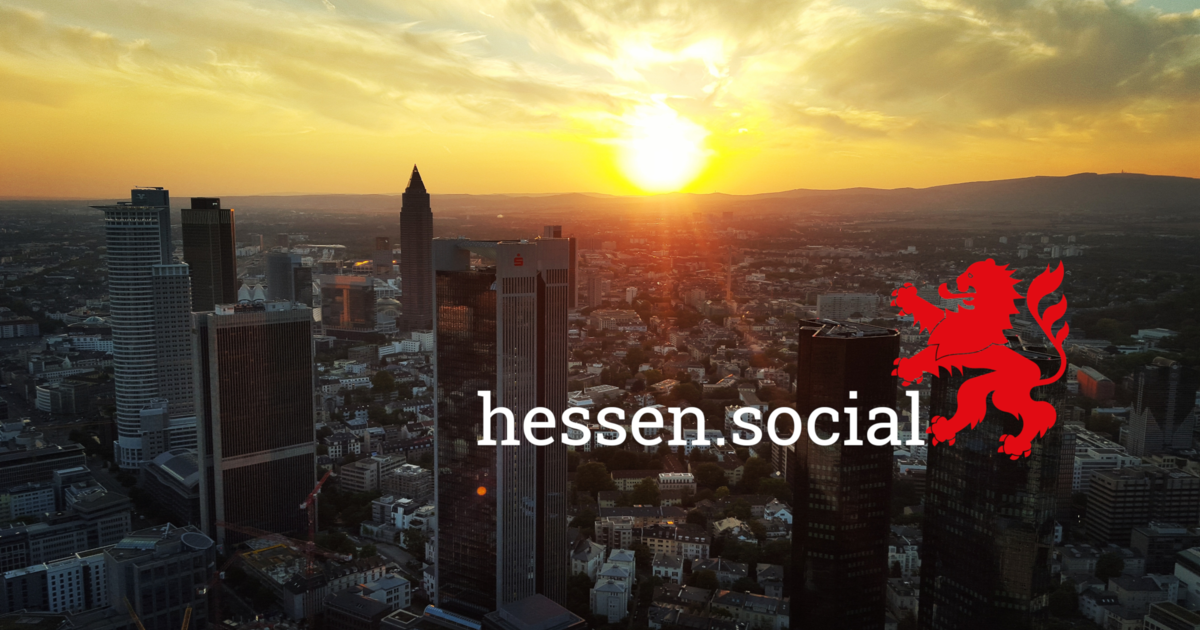FREE community #fediscience, please BOOST!
TONIGHT
Everybody welcome, just turn up!
LIVE @UCLAnthropology and on ZOOM
Tues Mar 25, 6:30pm
(London UTC)
Ivan Tacey on
'Serpentine Cosmopolitics: Cross-cultural analysis of the Rainbow Serpent'
From Amazonia to Australia, rainbow snakes coil at the heart of the cosmologies of Indigenous peoples, embodying forces of creation, destruction, and renewal. Known variously as nagas, dragons, or rainbow serpents, these chthonic entities are intimately entangled with water, blood, women, and untamed power. Among Batek hunter-gatherers of Malaysia, as well as other Southeast Asian Indigenous communities, the violation of taboos—especially those linked to blood—is believed to incite the wrath of these beings who are said to unleash catastrophic floods capable of annihilating entire settlements.
Drawing on long-term ethnographic fieldwork in Malaysia, Ivan Tacey examines the roles of rainbow serpents in Batek creation myths, rituals, and cosmological landscapes, comparing these traditions with similar narratives and practices from Amazonia and Australia. Offering a cosmopolitical analysis, Ivan critiques the limitations of New Animist approaches, proposing instead that the global prevalence of rainbow snakes in Indigenous cosmologies reflects a 'time-resistant syntax of myth and ritual,' as theorized in Knight, Power, and Watts’ model of human origins.
Lecturer at the University of Plymouth, Ivan will be speaking LIVE in the Daryll Forde, 2nd Floor of UCL Anthropology Dept, 14 Taviton St, London WC1H 0BW. Come in good time by 6:30pm before doors close please. You can also join on ZOOM ID 384 186 2174 passcode Wawilak



